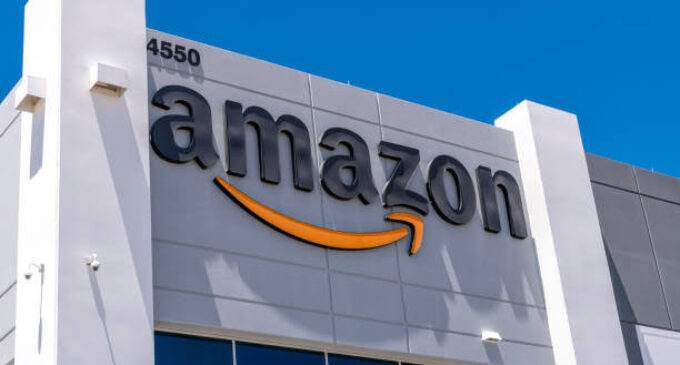Amazon is Coming. Beware Jumia

Amazon announced it will be expanding to Nigeria and South Africa by April 2023. And no, I don’t mean the group of female warriors and hunters who matched men in physical agility and strength and possessed archery, riding skills, and combat arts. Instead, I am talking about the American e-commerce giant operating in 20 countries globally.
While Africans will be happy with another option in exploring efficient e-commerce, Jumia has a headache. Or not. Having been dubbed the ‘Amazon of Africa,’ Jumia should now be prepared for the competition.
Before Amazon’s recent expansions, the e-commerce giant had managed a relatively small presence in Africa. This has allowed e-commerce platforms like Jumia and Konga to thrive in the African Market.
An Amazing Decade with Jumia: Playing the Amazon Role in Africa for 10 Years
“In the past decade, Amazon has created more jobs than any other U.S. company. We are pleased to play a role in driving prosperity across the country. We continue to be excited by the potential to invest, invent, and create jobs that help individuals, families, and neighbors thrive.”
Amazon claims to have created more U.S. jobs in the last decade than any other company. These jobs pay at least $15 per hour, more than double the federal minimum wage, and come with comprehensive, industry-leading benefits. Combining the firm’s investments in infrastructure and employee compensation, it has invested more than $530 billion in the U.S. since 2010.
If Amazon’s statement stands in Africa, then the region will experience massive employment. Not just from Amazon but other e-commerce startups looking to reaffirm their stand in Africa’s e-commerce space.
Amazon and the Game of Global Dominance
Reports indicate that Amazon plans to expand into five new countries across Africa, South America, and Europe. Belgium, Chile, and Colombia are among the five markets. However, according to a report sighted by NIPC Intelligence, Amazon has singled Nigeria and South Africa, believing them to be places they can easily hit the market running.
The timing of the rollouts is detailed below:
- Belgium’s Project Red Devil is slated for late September.
- Colombia’s Project Salsa is scheduled for February 2023.
- South Africa’s Project Fela is expected in February 2023.
- Nigeria’s Project Fela is due to launch in April 2023.
- Finally, Chile’s Project Salsa is planned for April 2023.
Expanding into new nations now makes sense for Amazon. First, the corporation must generate additional demand since growth is decreasing across the board after a two-year sales explosion fueled by the pandemic. More vendors from new nations might help Amazon fill more of its warehouses, which are experiencing excess capacity due to the COVID-19 lockdowns.

It can be costly to enter new emerging markets. However, Amazon will be ready to take on any challenge as they look to exert its dominance. Amazon recorded $28.8 billion in international sales in the last quarter. According to the company’s internal estimates, the new Belgium marketplace will sell over $ 4 billion in products by 2027.
Maybe Enough Room for Another E-commerce Giant in Africa
Despite Jumia’s dominance in Africa’s space, the firm is yet to cover a quarter of Africa’s retail space. Not just Jumia, the continent’s most prominent e-commerce platforms haven’t even achieved that. Precisely, e-commerce is still 2-5% of total retail in Africa.
Expanding Amazon to Nigeria and South Africa will help deepen e-commerce in the region. This is because Africa’s growing population needs more. Therefore, the presence of Amazon in Africa will not only be a threat to other e-commerce platforms; it will be a catalyst that informs the growth of e-commerce in the region.
